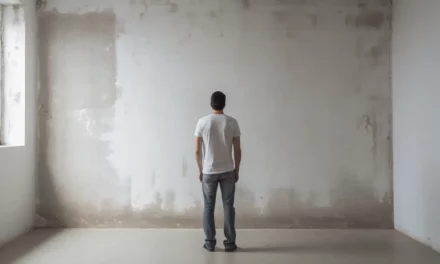
You think you are good at critical thinking?
- Who to marry?
- What job to take?
- Do I buy this house or that other one?
- How can I resolve this conflict?
There is a way to ensure we significantly improve our chances of arriving at the right answers, and that is to improve our critical thinking and reasoning skills.
Understanding the Terms
Critical thinking is a decision-making process in which you determine the best solution to a carefully considered question, situation, problem or claim. In order to do this you review all evidence, consider all sides of an argument or issue, and contemplate different scenarios and outcomes.But once you get used to thinking critically all the time you realize that the skill is applicable to all sorts of situations. Indeed, once you’ve mastered this skill and you become a reflexive critical thinker (i.e. when thinking this way becomes a reflex instead of having to consciously apply your mind to make it happen), you will be able to better determine how best to solve a problem, answer a question, handle a situation or accept or reject a claim.
Once you become a reflexive critical thinker you will be able to better determine how best to solve a problem, answer a question, handle a situation or accept or reject a claim.
Improving or adopting critical thinking skills is not enough, however, because you also need to hone the way you think by improving your reasoning skills. Reasoning skills are what allows you to evaluate a problem and arrive at a solution. These skills are also important to allow you to diminish the role our emotions play as a driver for your thoughts or actions. They are also key to justify those thoughts, opinions and actions with logic, evidence and facts. Since your rationale for doing (or not doing) things is not always reasonable you must use good reasoning skills to help you make sense of your own thinking. Using logical reasons to decide on the best solution to a problem or to help you decide how to best handle a situation is always better than letting your emotions take charge.
Example
Emotions do play an important role in your decision-making process. But they need to be controlled. For example, if you were to make any big purchase, such as a new car, you want to ensure you carefully consider the various options at your disposal, the different possibilities available to you and their potential outcomes, and have good logical reasons to defend your decision. Clearly you would want to get a car that best meets your needs. For instance, you may need to carry a lot of things, or you may have many children you need to take to school and football practice. Yet, you may go to the dealership and be enthralled by the latest shiny sports car they have. Thinking of how this can give you pleasure, make you stand out among your neighbors or impress potential mates, you may end up buying the sports car. You just let your emotions take over!
Sharpen those skills!
Enter your information to get our FREE practice exercises so you can hone your critical thinking and reasoning skills!
Avoiding the Trap
How can you avoid this sort of pitfall? One thing you should incorporate into your thinking routine is a process of justifying your decisions and actions. In other words, every time you make a decision—no matter how trivial and innocuous— you should ask yourself the following questions:- Why did I make that decision?
- Why did I do what I did?
- What made that solution seem to be the best one?

Using good critical thinking skills
I n conclusion, critical thinking and reasoning skills are two sides of the same coin and must be used simultaneously to allow you to make wise decisions and resolve problems effectively. Improving these skills will allow you to be more adept at everything you do, as you tackle everyday situations at home, school or work. These skills will be critical in helping you be more successful at solving the myriad problems you are faced with every day.- Make and defend compelling, sound and persuasive logical arguments
- Evaluate whether other people’s arguments are well-founded, reasonable, logical and justifiable
- Enhance your ability to make better decisions
- Be more effective at solving problems

Sharpen those skills!
Enter your information to get our FREE practice exercises so you can hone your critical thinking and reasoning skills!







0 Comments